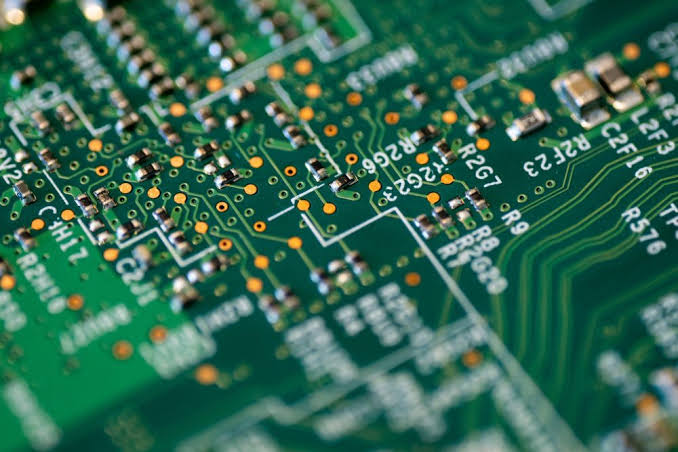The American Department of Commerce refuted claims that it was preventing shipments of AI chips to the Middle East and kept mum on the question of whether the demands applied to all nations equally.
According to recent statements from the US Department of Commerce, the Biden administration “has not blocked chip sales to the Middle East.”
The U.S. government’s new licencing requirements for artificial intelligence (AI) chips were previously disclosed in an Nvidia report. A similar letter from authorities was also sent to Advanced Micro Devices (AMD), a direct rival of Nvidia. If individual U.S. businesses were subject to the rules, the Department of Commerce made no comments on the subject.
Nvidia and AMD would have to seek licences under the new regulations before offering their flagship chips to “some Middle Eastern countries,” according to the application.
Neither of the two businesses has acknowledged if it has applied for the aforementioned licences or whether there has been input on licencing in that area. In its quarterly report, Nvidia cautioned regulators that being “effectively excluded from all or part of China” might potentially “harm” the company’s long-term performance.
The Biden administration implemented the first export restrictions in October 2022 in an effort to prevent China from creating advanced artificial intelligence (AI) systems that use potent semiconductors produced by American firms.
In a statement released on June 29, officials in Washington stated that they are considering tightening the aforementioned limits even more, which would further restrict the computational capacity of chips offered in the Chinese market.
Other regulators from across the world have been closely monitoring the actions taken by the American government. An agreement to limit shipments of machinery for semiconductor production to China was reached with the Netherlands and Japan not long after the United States’ original prohibitions went into force. Officials in the UK, France, and Germany have all publicly stated that they are thinking of screening Chinese foreign direct investment in important fields like AI.
In response, China declared that it will regulate the export of items made of gallium and germanium, which are the main raw ingredients used to make AI circuits.


